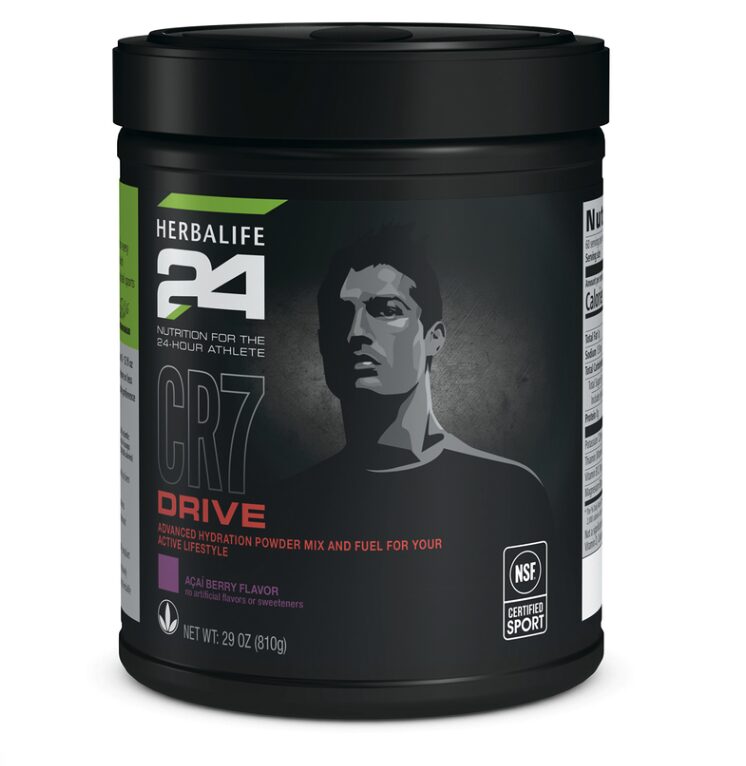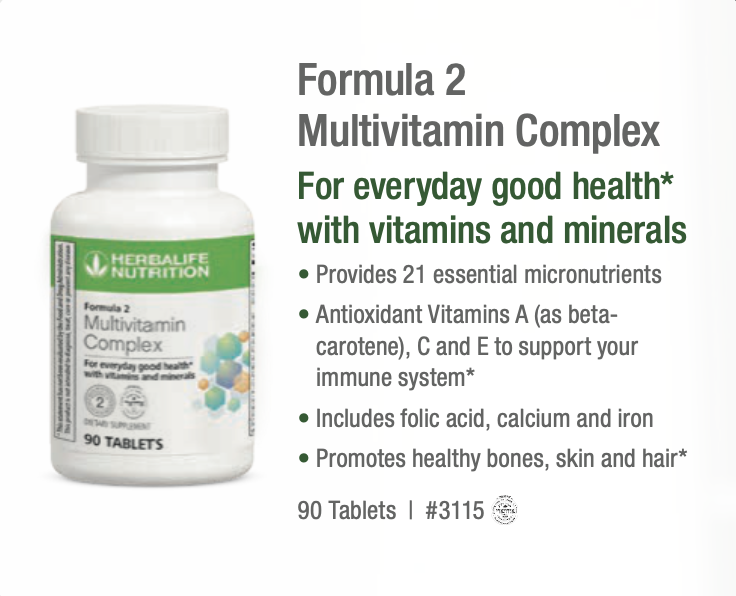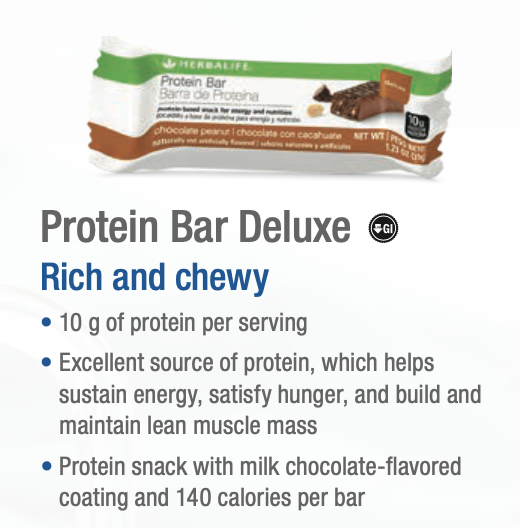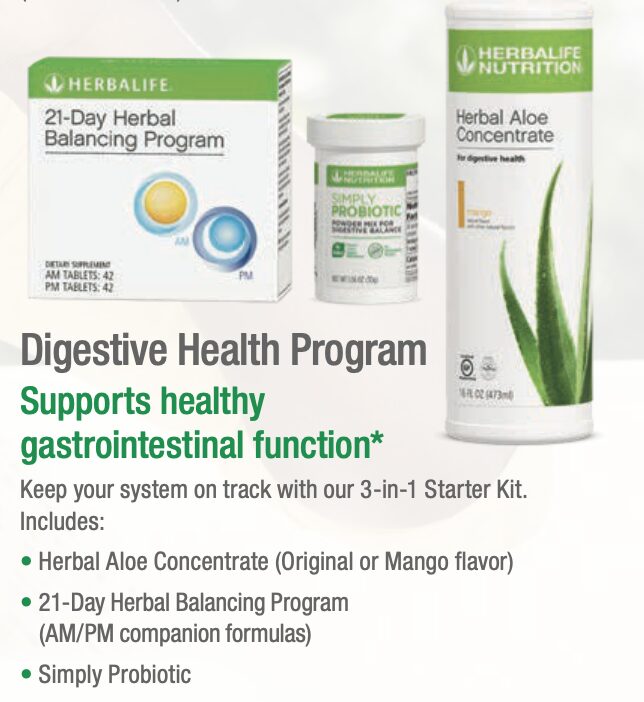Your cart is currently empty!
Your cart is currently empty!
Nutrition For Runners
Train as hard as you want, but without proper fueling breakdown is coming
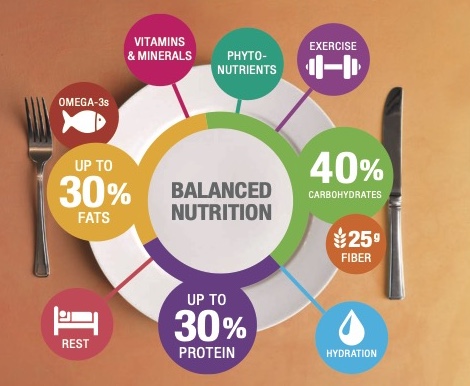
Macronutrients
The goal of fueling for activity is to minimize dehydration and delay glycogen depletion. Macronutrient needs will differ slightly depending on activity level, but after workouts aim to refuel and recover with a 4:1 carb to protein ratio.
Don’t get too bogged down in the details at first. There is one main rule to maintaining a nutrient dense healthy diet that supports a healthy lifestyle: cut out junk food!
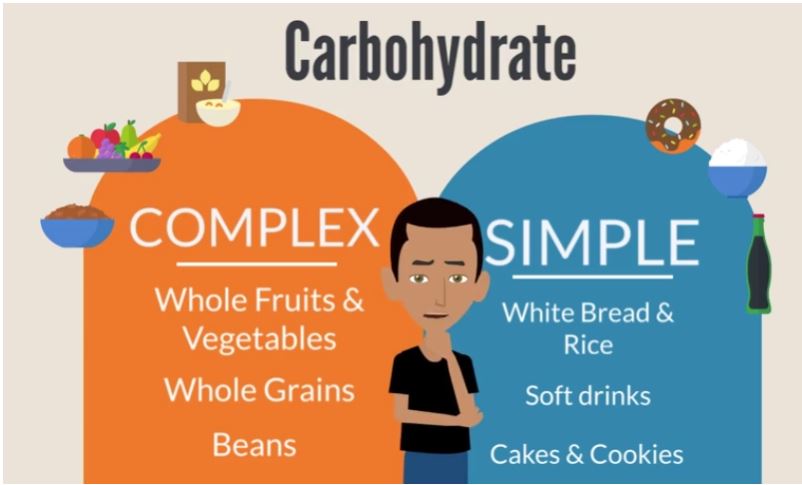
Carbs
Simple carbs should only be consumed immediately before or during hard efforts, such as races and BIG workouts. The rest of your carbohydrate intake should be focused on nutrient rich complex carbs, where you also get a lot of necessary micronutrients, like fiber, vitamins and minerals.
As we age, carbohydrate intolerance increases, meaning we need less as a percentage of our diet.
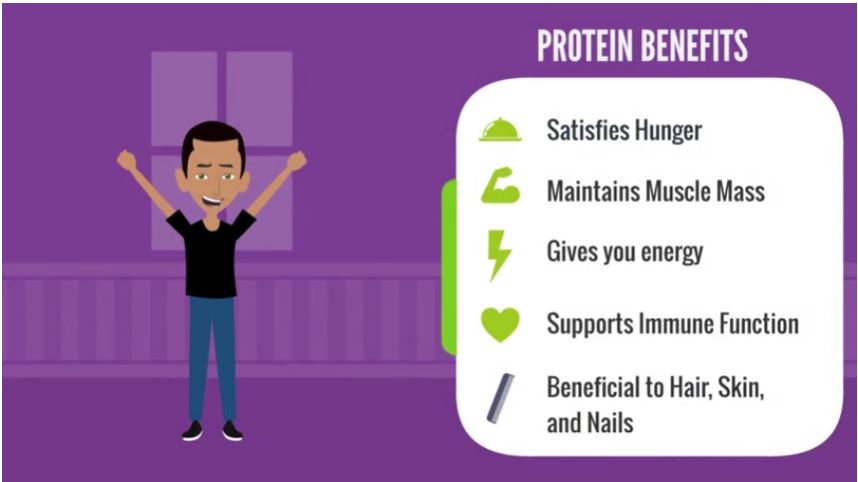
Protein
Protein from meat and eggs are the easiest way to get complete proteins, but you can also combine plant sources to get all the essential aminos your muscles need!
The average human needs more protein than they are getting just to maintain muscle mass, and it gets even harder as we age. The current science says active individuals need to consume around 1 gram of protein for every pound of bodyweight daily to maintain muscle mass. That’s about 26 large eggs worth of protein for a 185lb individual (don’t get all your protein from eggs).
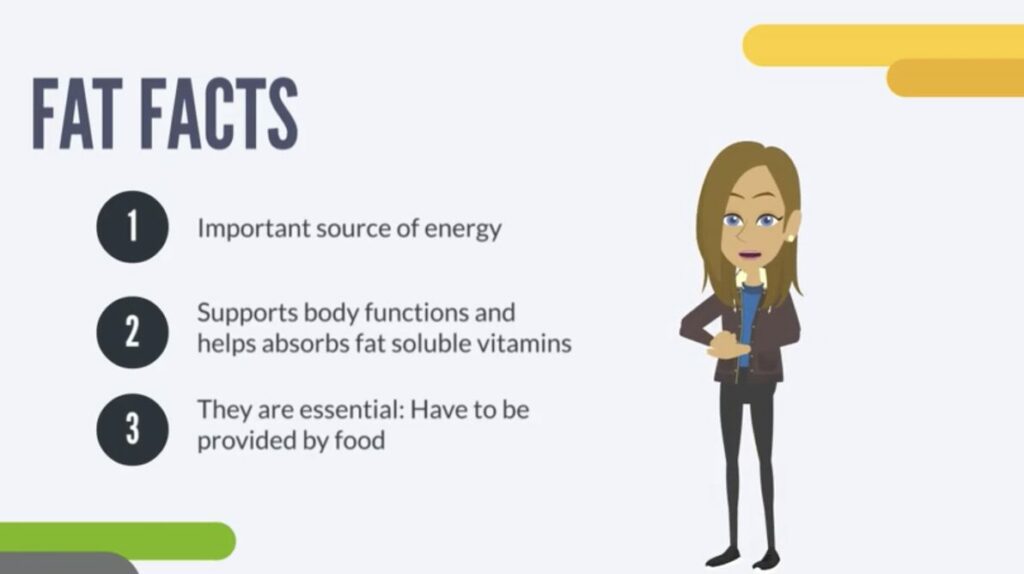
Fats
Don’t be afraid of good fats (unsaturated), as they provide many necessary micronutrients that the body can’t produce on it’s own (essential) as well as being a great source of fuel for low-aerobic efforts. The omega 3s found in many unsaturated fats are key to reducing chronic inflammation, which is the #1 priority of endurance athletes.
Nutrition By The Numbers
80%
Due to most of our day-jobs being indoors, 80% of athletes end up being vitamin D deficient. Also, as we age our skin gets less efficient at absorbing Vitamin D from the sun.
Vitamin D is crucial for both muscle function and bone health. More is not necessarily better though. Do not consume more than the maximum dose of 4,000 iu/day or 100 mcg.
35+
Once an athlete passes the mid-thirty threshold, a few key areas see decreases:
– VO2max
– Testosterone/growth hormone
– Muscle mass
– Vitamin D absorption
This makes attention to. fueling during and after hard efforts that much more important!
200-300
Endurance athletes should fuel for any hard effort over 1 hour, and for any activity lasting longer than 90 minutes. The rule of thumb is 200-300 Kcal/hr. But this can vary depending on the individual and weather conditions, so fueling should be practiced. Electrolytes must also be replaced at a rate of around 200mg every 30 minutes along with 8oz of water.
Explore Our Products
When your schedule doesn’t allow for whole foods, reach for a trusted supplement to fill nutrient gaps
